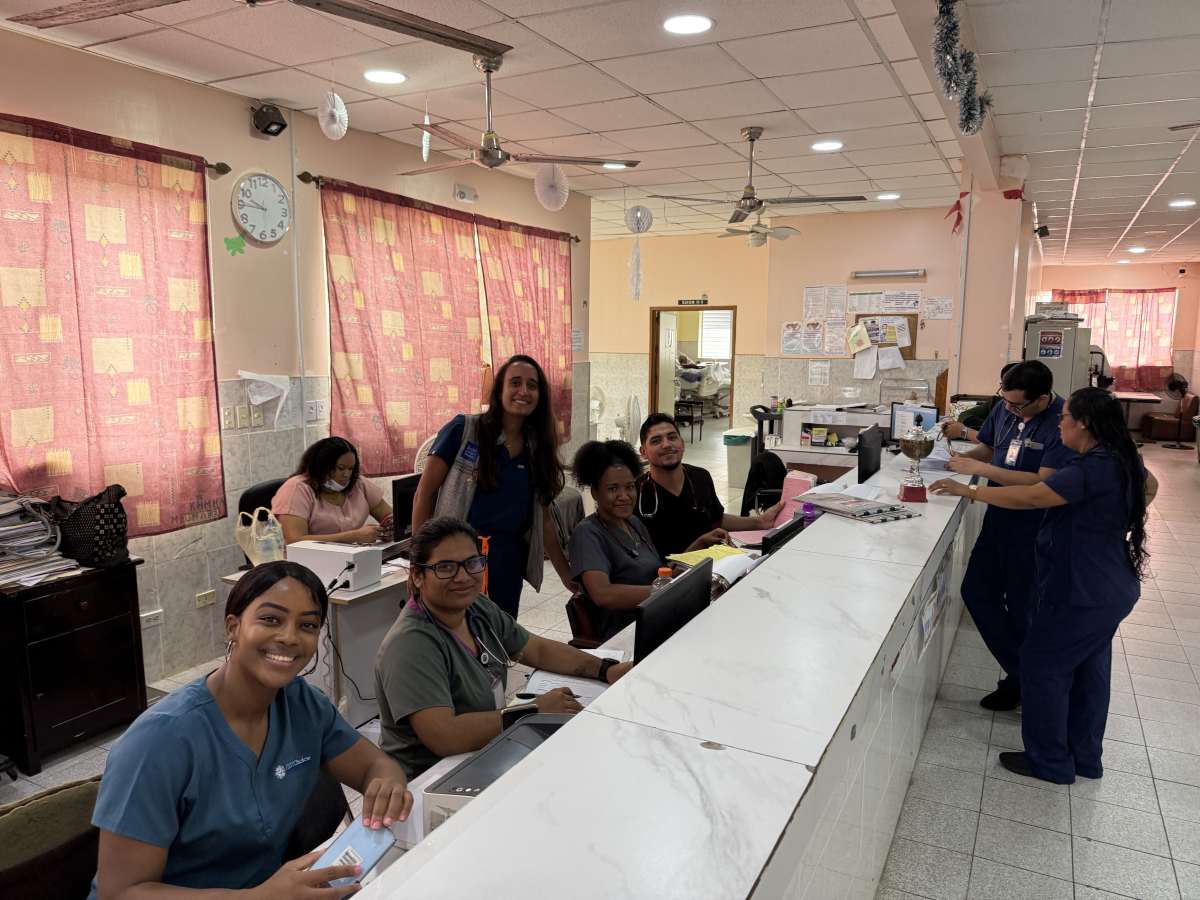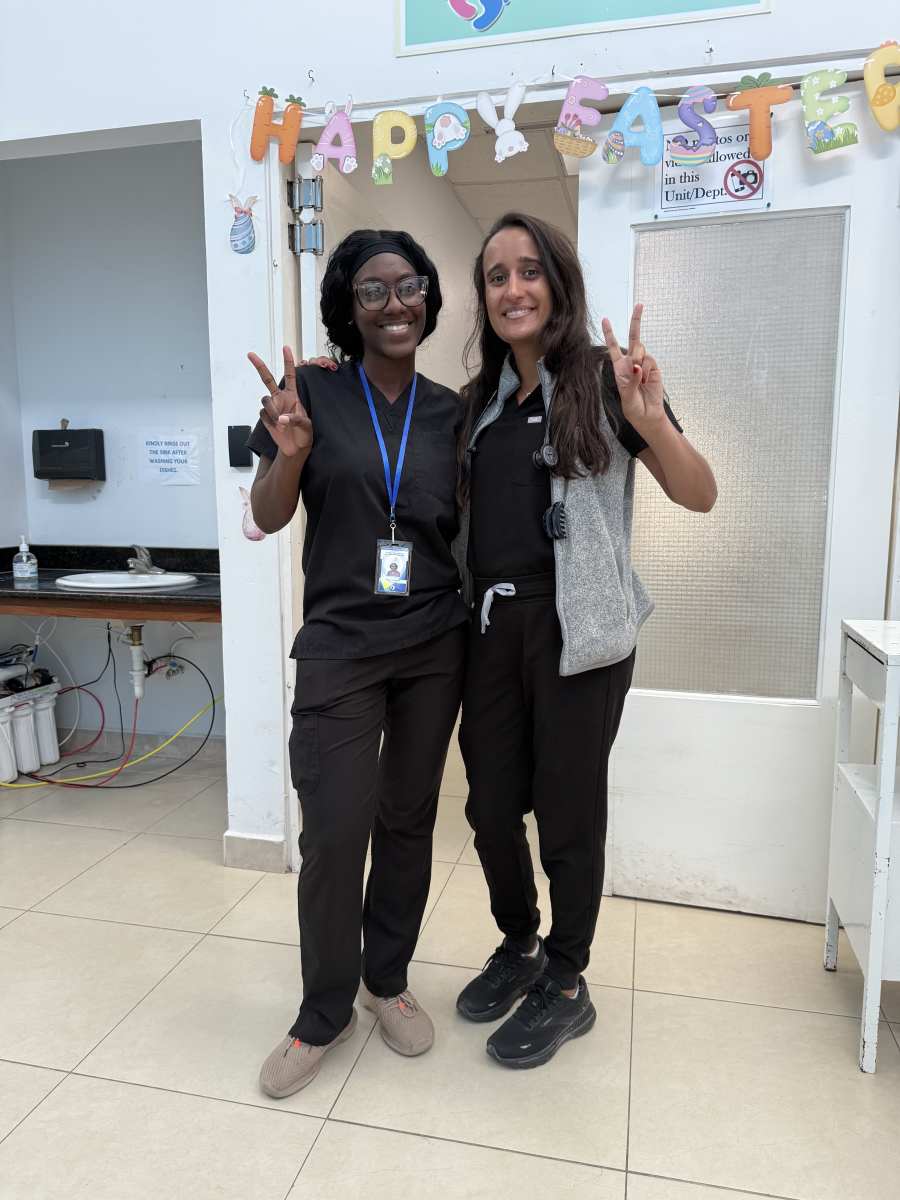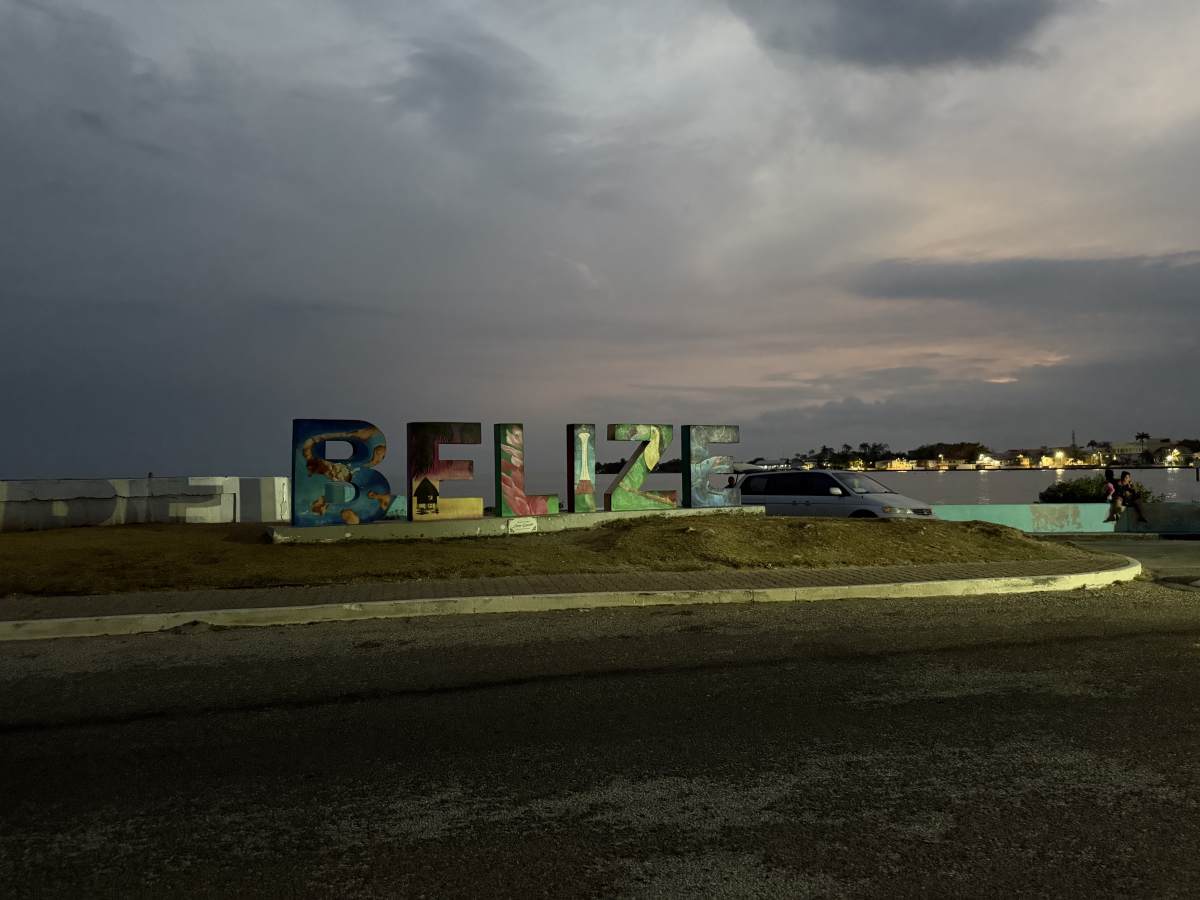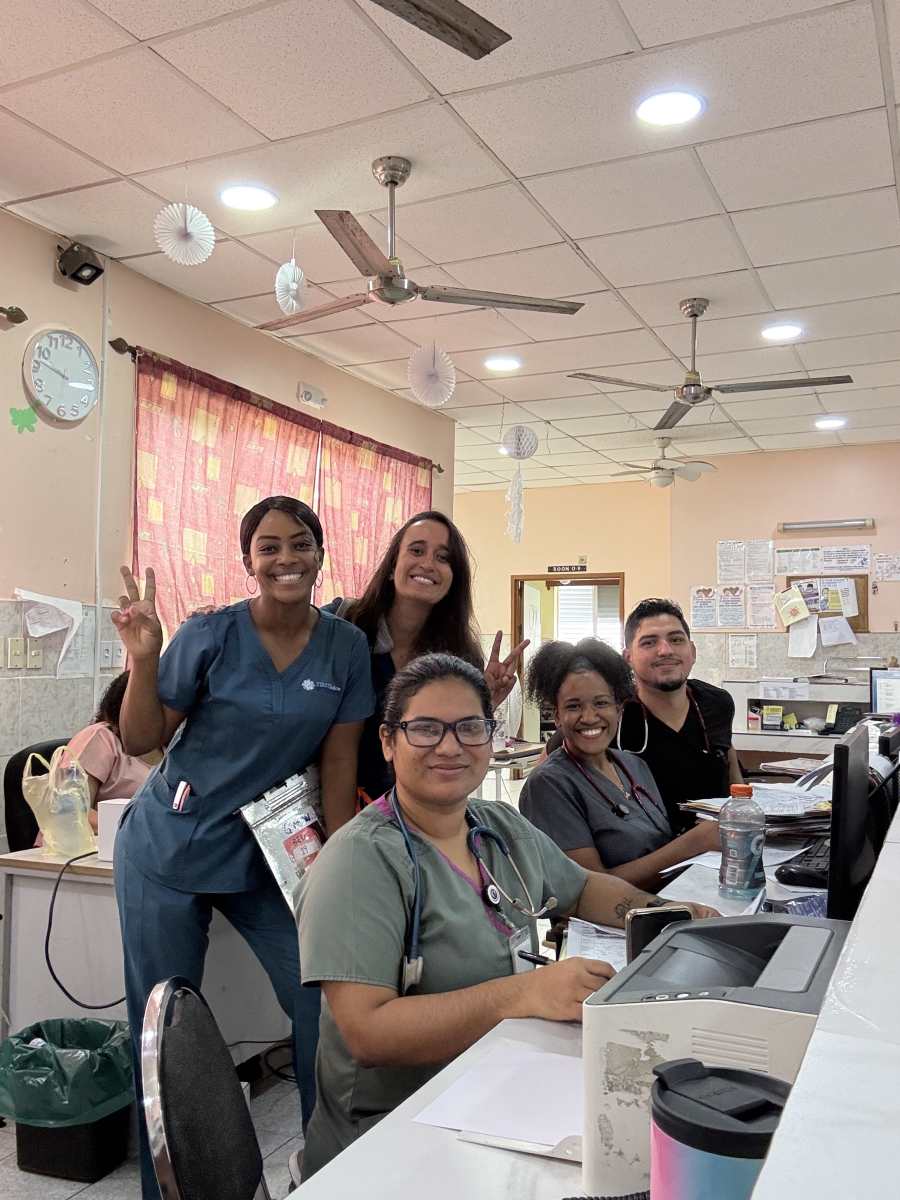During my elective at Karl Heusner Memorial Hospital (KHMH) in Belize City, I plan to work closely with local healthcare teams in the Emergency Center (EC), Medical Intensive Care Unit (MICU), and general wards to contribute to patient care while gaining experience in a resource-limited healthcare setting. I will participate in ongoing quality improvement projects, including optimizing protocols for sepsis management and improving strategies for congestive heart failure (CHF) care, both of which are critical priorities for the hospital. My approach will involve assessing current practices, identifying challenges, and working collaboratively with residents, clinicians, and Dr. Joy Mackey to implement evidence-based solutions tailored to the local healthcare infrastructure.
In addition to clinical work, I aim to lead educational sessions for local staff and trainees, focusing on practical and high-yield topics like early sepsis recognition, CHF management, and cost-effective diagnostic approaches. These sessions will prioritize skill-building and knowledge-sharing to empower the healthcare team in delivering effective patient care. To ensure sustainability, I will engage in discussions with the team to understand the specific challenges faced in Belize’s healthcare system and tailor my contributions to address those needs while being culturally sensitive and resource-aware.
My efforts will contribute to ongoing improvement initiatives, aiming to enhance patient outcomes and strengthen the capacity of the local team. By documenting findings and providing actionable recommendations, I hope to create a foundation for continued progress in these critical areas. Through collaboration, education, and a focus on practical interventions, I aspire to leave a positive, sustainable impact while gaining invaluable insights into global health practice.
The primary beneficiaries of my project will be the patients at Karl Heusner Memorial Hospital (KHMH) in Belize City, particularly those affected by conditions like sepsis and congestive heart failure (CHF). These are high-priority health issues that significantly impact patient outcomes in resource-limited settings. By improving protocols for early recognition and management of these conditions, patients can receive more timely and effective care, ultimately reducing morbidity and mortality rates.
Additionally, the local healthcare team, including residents, clinicians, and nurses, will benefit from enhanced training, education, and collaboration. Empowering the staff with practical, evidence-based tools and knowledge can improve their ability to manage complex cases with the available resources, fostering long-term improvements in care delivery.
This population is particularly important because they face systemic challenges in accessing high-quality, consistent care due to limited resources and high patient volumes. Targeting conditions like sepsis and CHF, which are leading causes of hospitalization and poor outcomes, allows the project to address critical gaps in care and have a meaningful, measurable impact on both patients and healthcare providers.
The expected impact of the project is to enhance patient outcomes and build capacity within Karl Heusner Memorial Hospital (KHMH) by strengthening the recognition and management of critical conditions like sepsis and congestive heart failure (CHF). Improved protocols and educational initiatives will empower local healthcare providers to deliver more timely and effective care, reducing mortality and complications associated with these high-burden conditions. Patients will benefit from more efficient workflows and evidence-based management practices, while the healthcare team will gain skills that are directly applicable to their daily work.
The learnings from this project will carry forward after my return through the sustainable resources developed, such as simplified clinical guidelines, practical decision-making tools, and training materials tailored to the local context. These tools will remain accessible to the staff and can be adapted for future use as healthcare needs evolve. Additionally, fostering collaboration with local clinicians will encourage continued dialogue and knowledge exchange, ensuring that the benefits of this elective extend beyond my rotation. By focusing on interventions that are resource-appropriate and easily integrated into existing practices, the project aims to create lasting improvements that align with the hospital's long-term goals.








During my trip, the people most directly impacted were the patients at Karl Heusner Memorial Hospital in Belize City, especially those presenting with conditions like sepsis, congestive heart failure, and respiratory illnesses. By working in the Emergency Center, MICU, and wards, I supported earlier recognition and management of these illnesses in a setting with limited resources, improving outcomes and continuity of care.
The hospital’s clinical staff—residents, nurses, and attending physicians—also benefited through shared teaching sessions and collaboration. I helped exchange evidence-based practices and cost-effective approaches while learning from their experience delivering resource-conscious care.
Beyond daily patient care, I contributed to sustainable improvements by assisting with ongoing quality projects and helping update the pediatric asthma guidelines used in the Emergency Center. These revisions streamlined management and aligned care with global standards while adapting to local realities, supporting more consistent treatment for one of the most common pediatric emergencies.